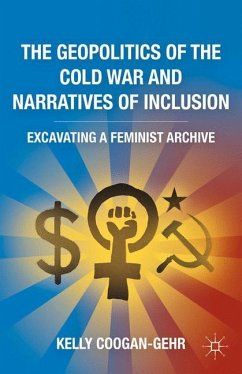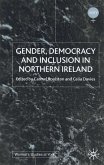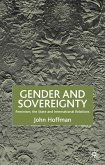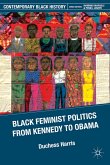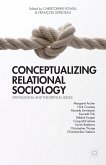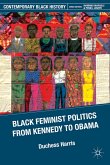"Using interviews with former editors and archival materials from the first decade of the interdisciplinary academic journal Signs, Kelly Coogan-Gehr shows how this influential journal dealt with issues related to development studies, Third World women, and US women of color, and how all this was affected by external funding agencies and their policies. The book is quite well written and thoughtful. It deals with important issues and raises many good questions, and was a pleasure to read."
- Marilyn J. Boxer, professor of History emerita, San Francisco State University"Kelly Coogan-Gehr corrects the simple narrative of how women s studies grew out of the women s movement by tracking the first decade ofSigns to reveal how the government, private foundations, and the university interacted with scholars to shape and legitimize certain frames for studying women. The archival research challenges ivory tower notions of our operations by detailing the complexities of sociopolitical and geopolitical factors. I found Coogan-Gehr's historical accounting illuminating and her theoretical presentation engaging. Scholars inside and outside the feminist community will appreciate this methodology for understanding an inquiry into the development of a field." - Elizabeth Higginbotham, Department of Sociology, University of Delaware"A compelling critique that unsettles assumptions about the origin of women s studies and the compatibility of the contemporary university and progressive feminist scholarship."
- Paula J. Giddings, Elizabeth A. Woodson 1922 Professor, Afro-American Studies and editor, Meridians: feminism, race, transnationalism
- Marilyn J. Boxer, professor of History emerita, San Francisco State University"Kelly Coogan-Gehr corrects the simple narrative of how women s studies grew out of the women s movement by tracking the first decade ofSigns to reveal how the government, private foundations, and the university interacted with scholars to shape and legitimize certain frames for studying women. The archival research challenges ivory tower notions of our operations by detailing the complexities of sociopolitical and geopolitical factors. I found Coogan-Gehr's historical accounting illuminating and her theoretical presentation engaging. Scholars inside and outside the feminist community will appreciate this methodology for understanding an inquiry into the development of a field." - Elizabeth Higginbotham, Department of Sociology, University of Delaware"A compelling critique that unsettles assumptions about the origin of women s studies and the compatibility of the contemporary university and progressive feminist scholarship."
- Paula J. Giddings, Elizabeth A. Woodson 1922 Professor, Afro-American Studies and editor, Meridians: feminism, race, transnationalism

